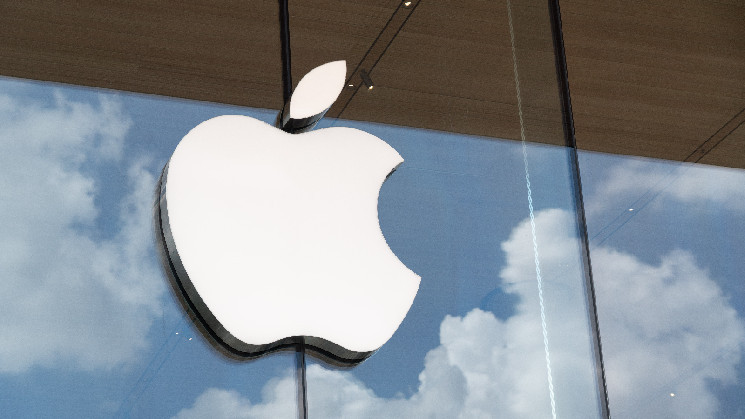Tech giant Apple now allows NFTs to be bought and sold through applications listed on its App Store. This enables developers of current apps to sell non-fungible tokens in-app and new apps to install NFTs within them.
The first catch, however, is that Apple applies its existing Web2 monetization structure, taking a 30% cut from app developers who make over $1 million through the App Store on an annual basis, and 15% making less than that.
Android’s app store Google Play applies the same policy.
Before this decision, apps that were storing or displaying NFTs may have been breaking Apple’s rules. Now, developers can sell NFTs with Apple’s blessing.
No crypto allowed — not very Web3
The second catch is that transactions must be in USD. Crypto is not an option.
Public reaction is mixed. Tim Sweeney, the CEO of Epic Games — the company behind the Fortnite video game and no stranger to picking a fight with the tech giant — tweeted that, “Apple must be stopped.”
Now Apple is killing all NFT app businesses it can’t tax, crushing another nascent technology that could rival its grotesquely overpriced in-app payment service. Apple must be stopped. https://t.co/4KChp6jtFZ
— Tim Sweeney (@TimSweeneyEpic) September 23, 2022
He believes that the 30% cut Apple takes may be unaffordable for some and may even kill small NFT businesses.
This is the foundation of Epic Games’ lawsuit against Apple that has been ongoing since 2020. The video game publisher sued Apple for not allowing it to use its own payment platform instead of in-app purchases through the App Store and its 30% cut.
Another company nonplussed by the move was Magic Eden, the largest Solana NFT marketplace, which withdrew its service from the App Store after learning about the policy, according to a Friday report from The Information.
However, the Magic Eden app continues to be listed on the App Store at the time of publication.
There is an issue when it comes to secondary NFT sales. Marketplaces like Magic Eden or OpenSea typically take a commission no larger than 5%.
In this case, if a collector wants to purchase an NFT on the Magic Eden or OpenSea app on an iPhone, the seller of that NFT will only get 70% of the sale price. And the marketplace will likely not be interested in covering the difference.
“This primarily benefits primary sales or mints of NFTs where the 30% fee can be accounted for,” Milan Harris, game director at Cool Cats, told Blockworks, adding that the “fee is worth the accessibility and user experience that can be provided directly on an Apple device.
He sees this policy primarily benefiting video games, while “the types of transactions that make NFTs and blockchain technology valuable will likely still remain outside the Apple ecosystem,” he added.
Only purchases made directly in the app incur any fees, and any transactions happening on other platforms are untouched.
On the other hand, Gabriel Leydon, founder of the Digidaigaku NFT project, who is quite bullish, is “happy to give Apple a 30% cut of a free NFT.”
He tweeted this could give millions of more people access to NFTs because developers can still give away free NFTs and let users sell them on secondary marketplaces, while avoiding the 30% tax.
Apple has decided to let developers sell NFTs inside of games/apps. Everyone is focusing on apple wanting its 30% cut of each transaction without realizing this could put an ETH wallet in every single mobile game onboarding 1B+ players! https://t.co/BPJj3gD5r2
— Gabriel Leydon (FREE,OWN) (@gabrielleydon) September 23, 2022
When asked about the timing of this announcement, Harris said Apple likely felt pressure to act quickly.
Given that Apple’s iPhone is the company’s most profitable product, Apple “doesn’t want to make the mistake of letting competitors take a lead on being the platform of choice for mobile NFT activities — whether that be gaming, collecting, etc,” Harris said.
One competitor, for example, could be Solana which recently debuted its Android-powered crypto-first smartphone, slated to be released in early 2023.
It is also rumored that Apple is working on augmented reality smart glasses that could be distributed by the end of this year — potential competition for Facebook in the metaverse.
 blockworks.co
blockworks.co
